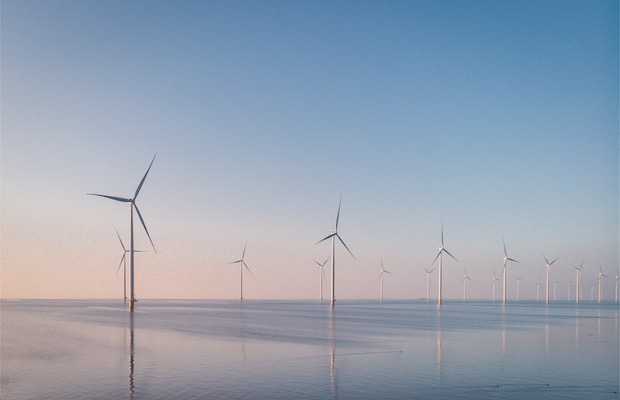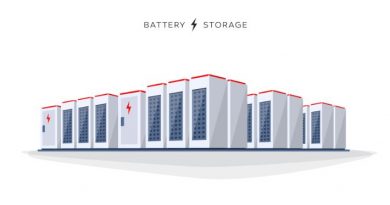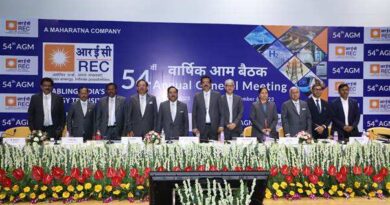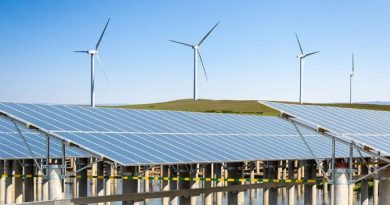Australia’s 1st Offshore Wind Project Step in the Right Direction: IEEFA

The ‘Star of the South’ off Austalia’s coast, a massive 2.2 gigawatts (GW) offshore wind capacity proposal and will be Australia’s largest electricity project and worth reportedly USD 8 billion in investments, the project will come under question, but a new note issued by the Institute of Energy Economics and Financial Analysis (IEEFA) has affirmed that even at that cost the project is a step in the right direction for the country.
“Australia has the highest uptake of solar globally, and onshore wind power generates nearly a quarter of all the renewable electricity in Australia’s National Energy Market,” says co-author of the note Tim Buckley, director of energy finance studies at IEEFA.
As per the note, offshore wind projects have been slow to get off the ground in Australia, until now. Also suggesting that the initial capital cost estimates of “Star of the South” require caution, this being the country’s first entry into the offshore wind sector.
“The investment requirements of port upgrades and logistics to support the construction of the project adds to the project establishment costs,” says research analyst Kashish Shah, co-author of the note. “However, offshore wind, although being a variable source of power, operates at a utilisation rate of 50-55 percent so this will offer greater reliability as well as supply diversity on the grid than is currently being experienced.”
The report further added that the timely commissioning of the Star of the South will allow early decommissioning of some of the old, polluting, and unreliable units of the two brown-coal fired stations in Victoria.
“The penetration of low cost but variable renewable generation in Australia’s national electricity market has been rapidly growing,” said Buckley. “IEEFA expects the offshore wind to be increasingly viable as a third alternative source of zero-emissions renewable energy globally over the coming decade, complementing the penetration of onshore wind and solar. The zero-emissions generation, as well as industry and employment development opportunities, are significant.”
Resource: Saurenergy.com




